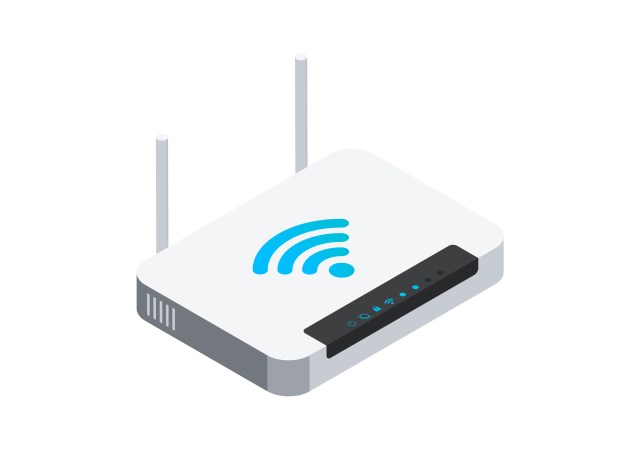Choosing the Right Wireless Router: A Buyer’s Guide
In today’s connected world, a wireless router is an essential device for every home or office. It allows multiple devices to connect to the internet without the need for messy cables. However, with so many options available in the market, choosing the right wireless router can be quite overwhelming. In this buyer’s guide, we will walk you through the key factors to consider when purchasing a wireless router.
Coverage and Range
When selecting a wireless router, one of the most important factors to consider is its coverage and range. The coverage refers to the area in which the wireless signal can reach, while the range refers to how far away from the router you can still get a strong and reliable connection.

To determine your coverage needs, consider the size of your home or office and any potential obstacles that might interfere with the signal, such as walls or floors. If you have a larger space or multiple floors, it’s advisable to choose a router with extended coverage capabilities.
Additionally, pay attention to routers that offer features like beamforming technology. This technology helps focus and strengthen signals towards connected devices, ensuring better coverage throughout your space.
Speed and Performance
Another crucial aspect when buying a wireless router is its speed and performance. The speed of your internet connection can be limited by your service provider; however, having a high-speed router will ensure that you make full use of your available bandwidth.
Look for routers that support at least AC1200 standards or higher for optimal speed performance. These standards indicate that the router supports speeds up to 1200Mbps (megabits per second). Additionally, routers equipped with dual-band technology offer both 2.4GHz and 5GHz frequency bands, allowing for faster speeds on compatible devices.
Consider routers with advanced features like Quality of Service (QoS) as well. QoS prioritizes certain types of internet traffic, such as video streaming or online gaming, to ensure a lag-free and uninterrupted experience.
Security Features
In a world where cyber threats are becoming increasingly prevalent, it’s essential to choose a wireless router that offers robust security features. A secure router will not only protect your network from unauthorized access but also safeguard your personal information.
Look for routers that support the latest security protocols like WPA3. This protocol offers stronger encryption and better protection against hacking attempts. Additionally, routers with built-in firewalls and guest network capabilities add an extra layer of security.
It is also advisable to change the default login credentials of your router to prevent unauthorized access. Regularly updating the firmware of your router will ensure that you have the latest security enhancements.
Additional Features and Support
Lastly, consider any additional features and support offered by the wireless router. Some routers come with built-in USB ports that allow you to connect external storage devices or printers for easy sharing across your network. Others may offer parental control features, allowing you to manage and restrict internet access for certain devices or users.
When it comes to support, be sure to choose a reputable brand known for their customer service and regular firmware updates. A reliable manufacturer will provide ongoing support and address any potential issues that may arise during the lifespan of your router.
In conclusion, choosing the right wireless router involves considering factors such as coverage and range, speed and performance, security features, additional features, and ongoing support. By carefully evaluating these aspects based on your specific needs, you can make an informed decision when purchasing a wireless router that will meet your requirements both now and in the future.
This text was generated using a large language model, and select text has been reviewed and moderated for purposes such as readability.


